There’s a Tiger-Earl Woods ‘misconception‘ every parent can learn from, says Brandel Chamblee
Brandel Chamblee has been around golf his entire life, first as a maturing teenager, later as a pro and now as the game’s top analyst. Plus, as someone who has dedicated themselves to studying the golf swing and becoming a student of the game, he’s long been a knowledgeable — and go-to — source for golf parents he encounters.
How do they get their kids not only into the game, but to be superstar golfers? That was just one topic Chamblee went in depth on during a lengthy sit-down interview with GOLF senior writer Dylan Dethier. The full interview will be in the Sept./Oct. issue of GOLF Magazine, which hits doorsteps in the next week, and you can also find it on GOLF.com on Wednesday.
Chamblee said he was a late bloomer as a young golfer. He wasn’t even sure he’d make his high school team, but once he found his footing it wasn’t long before he started firing rounds in the low 70s. He made big jumps in each of the next two years — “got very good, very fast”, he says — and received a scholarship to play golf at Texas.
bryson dechambeau sst pure shafts
The inside story behind Bryson DeChambeau’s secret gear change | Wall-to-Wall
Dethier asked if he’s learned anything in his upbringing and career that would influence how he’d answer parents who ask him how to raise superstar golfers.
For starters, Chamblee said everyone points to Tiger Woods and the strong influence his dad, Earl Woods, had on Tiger. But he said there’s a common misconception there.
“The desire for Tiger to play golf came from Tiger, not from Earl,” Chamblee said. “Tiger wanted to hit golf balls. Tiger wanted to be out there all day long. It wasn’t Earl pushing it on him in any way. I mean, he exposed him to it, but it lit a fire in him and it was Tiger’s passion.”
Chamblee said he’ll also often tell juniors with parents nearby to look at who is in the room with them.
“Look around you, look who is around you right now,” he said. “Look who is supporting you. Just don’t lose sight of that because the better you get, the more people are gonna want to come in and hitch their wagon to your star and up your stardom. And more times than not, they’re gonna damage you because you develop motor patterns when you’re very young.”
Chamblee referenced Woods again, and how he jumped around with different teachers over the years after he turned pro.
“And we think, Well, it’s OK to sort of hop around all these teachers,” he said. “And I would say, look, we only hear about the successful ones, but for every great teacher/player change, there’s scores if not hundreds that don’t make if for the most part. Your director of golf at your home club is easily good enough to foster and bridge that gap between the frustrating part of starting the game and finding the love of it because it’s enjoyable. Then it’s up to the young man or woman. Do they have the passion?”
Chamblee added that it’s perseverance, not talent, that gets you on Tour. He said he wasn’t blessed with the kind of athleticism Woods, Jack Nicklaus or Rory McIlroy had.
“I had the work ethic,” he said. “Nobody was gonna outwork me.”
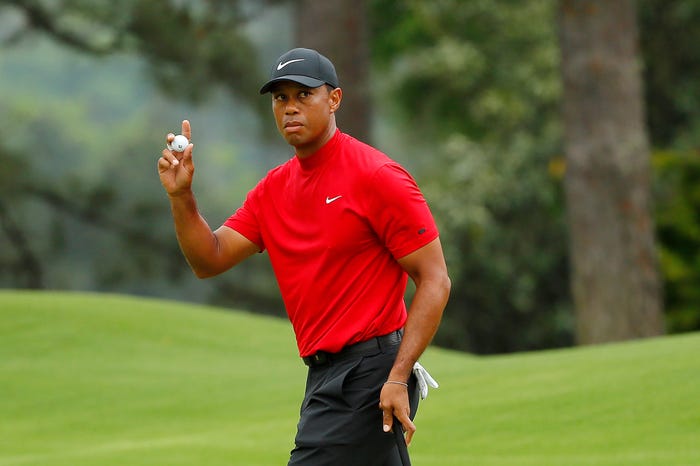

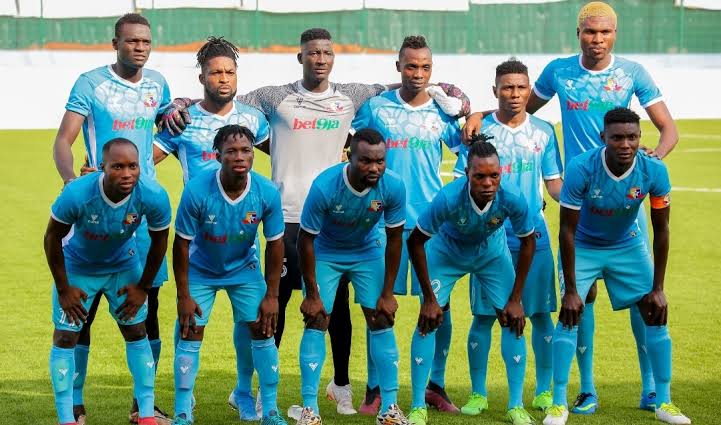
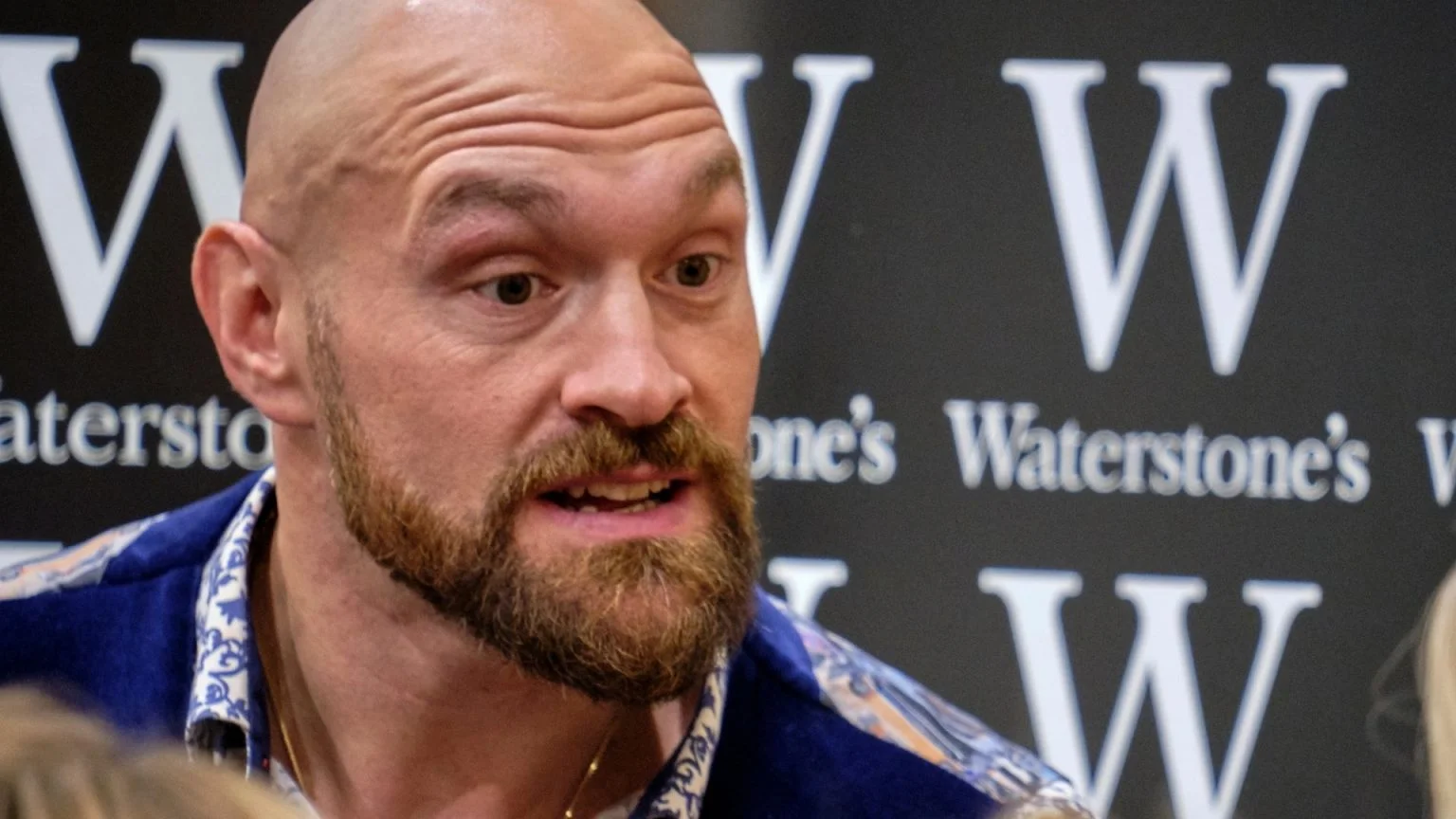
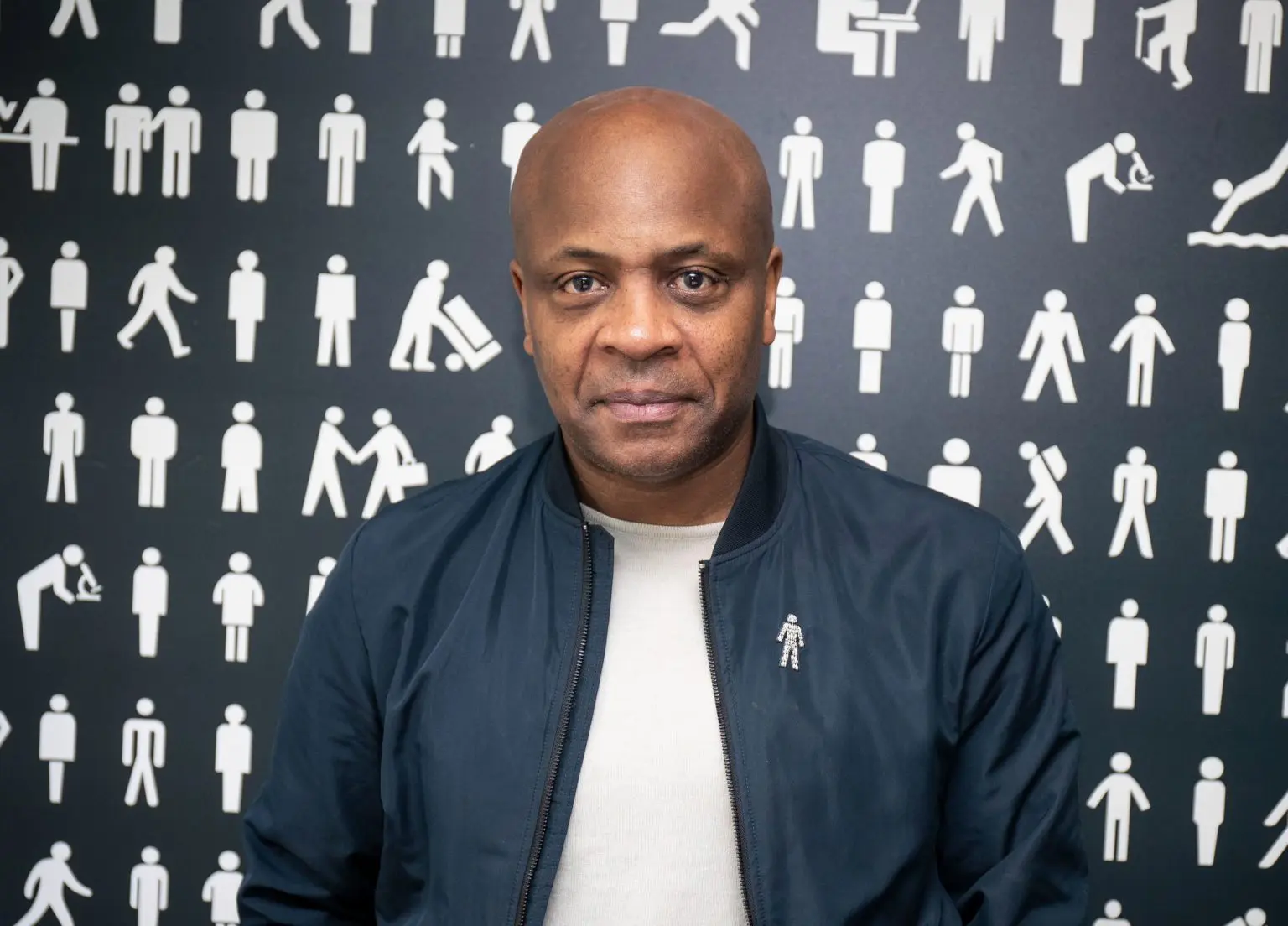
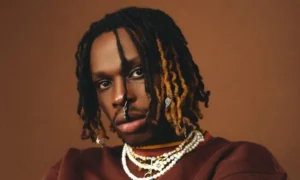

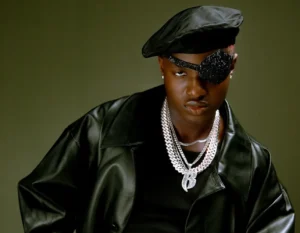




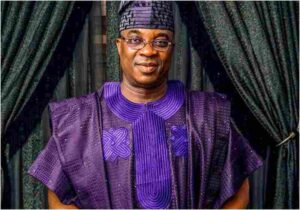

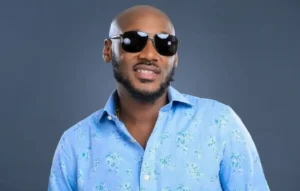
Post Comment